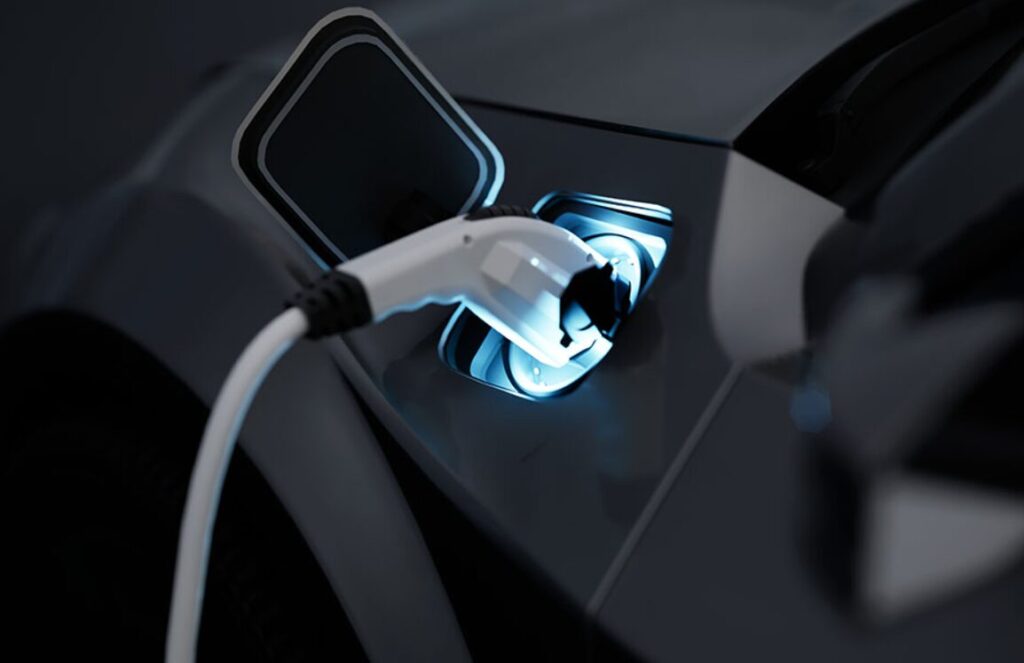
Case Western Reserve University researcher advances zinc-sulfur battery technology. Rechargeable lithium-ion batteries power everything from electric vehicles to wearable devices. But new research from Case Western Reserve University suggests that a more sustainable and cost-effective alternative may lie in zinc-based batteries.
In a study published recently in Angewandte Chemie, researchers announced a significant step toward creating high-performance, low-cost zinc-sulfur batteries.
“This research marks a major step forward in the development of safer and more sustainable energy storage solutions,” said Chase Cao, a principal investigator and assistant professor of mechanical and aerospace engineering at Case School of Engineering...
Read More









Recent Comments